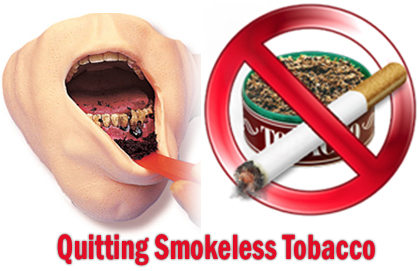Thursday, 16 February 2017
Thursday, 2 February 2017
Care in Cough or Cold
Non-medication treatment for your cough or cold
- Get plenty of rest and drink plenty of fluids.
- Try to breathe moist air. Use a humidifier or take a steamy shower.
- Consume warm fluids (soup or tea) to provide relief for a stuffy nose and to loosen phlegm.
- For nasal stuffiness, try saline nasal spray or a Neti Pot.
- For sore throat pain relief: suck on throat lozenges, hard candy or popsicles; gargle with warm salt water (1/4 tsp. salt per 8 oz. of water); and eat soft, bland foods.
- Eat a well-balanced diet. If you cannot, ensure you are getting enough nutrients by taking a daily multivitamin.
- Avoid dairy products, as they can thicken phlegm.
- Avoid alcohol, as it impairs your body’s immune system
CONTACT YOUR DOCTOR IF YOU EXPERIENCE ANY OF THE FOLLOWING:
- High fever
- Ear pain
- Sinus-type headache
- Unusually severe cold symptoms
- Cough that gets worse while other cold symptoms improve
- Flare up of any chronic lung problem, such as asthma
RECOMMENDED NON-PRESCRIPTION MEDICATIONS BY SYMPTOM
Contact the SHCC Pharmacy with any questions or concerns about medications: (352) 392-1760.Cough, Non-productive (not coughing up phlegm)
- Cough suppressant containing dextromethorphan (Robitussin® DM or Delsym®)
Cough, Productive (coughing up phlegm)
- Cough suppressant (see above)
- Expectorant: Mucinex® tablets or plain guaifenesin syrup, also known as Robitussin®
Fever/Headache/Muscle Aches
- Acetaminophen (Tylenol®)
- Non-Steroidal Anti-Inflammatory Drugs (NSAIDs) such as ibuprofen (Advil®) or naproxen (Aleve®)
Nasal Stuffiness
- Nasal steroid sprays: Flonase® or Nasacort®
- Decongestants:
- Topical spray: Oxymetazoline (Afrin® Nasal Spray); limit to 3-4 days maximum
- Oral medication: Pseudoephedrine (Sudafed®) – MUST BE PURCHASED FROM PHARMACIST
Runny and/or Itchy Nose/Sneezing
- Nasal steroid sprays: Flonase® or Nasacort®
- Antihistamine: Benadryl®, which will likely cause drowsiness, or Loratadine (Alavert®), which is not as likely to cause drowsiness
Sore Throat Pain Relief
- Take acetaminophen (Tylenol®) or ibuprofen (Advil®).
- Try throat sprays (Chloraseptic®).
Subscribe to:
Comments (Atom)

